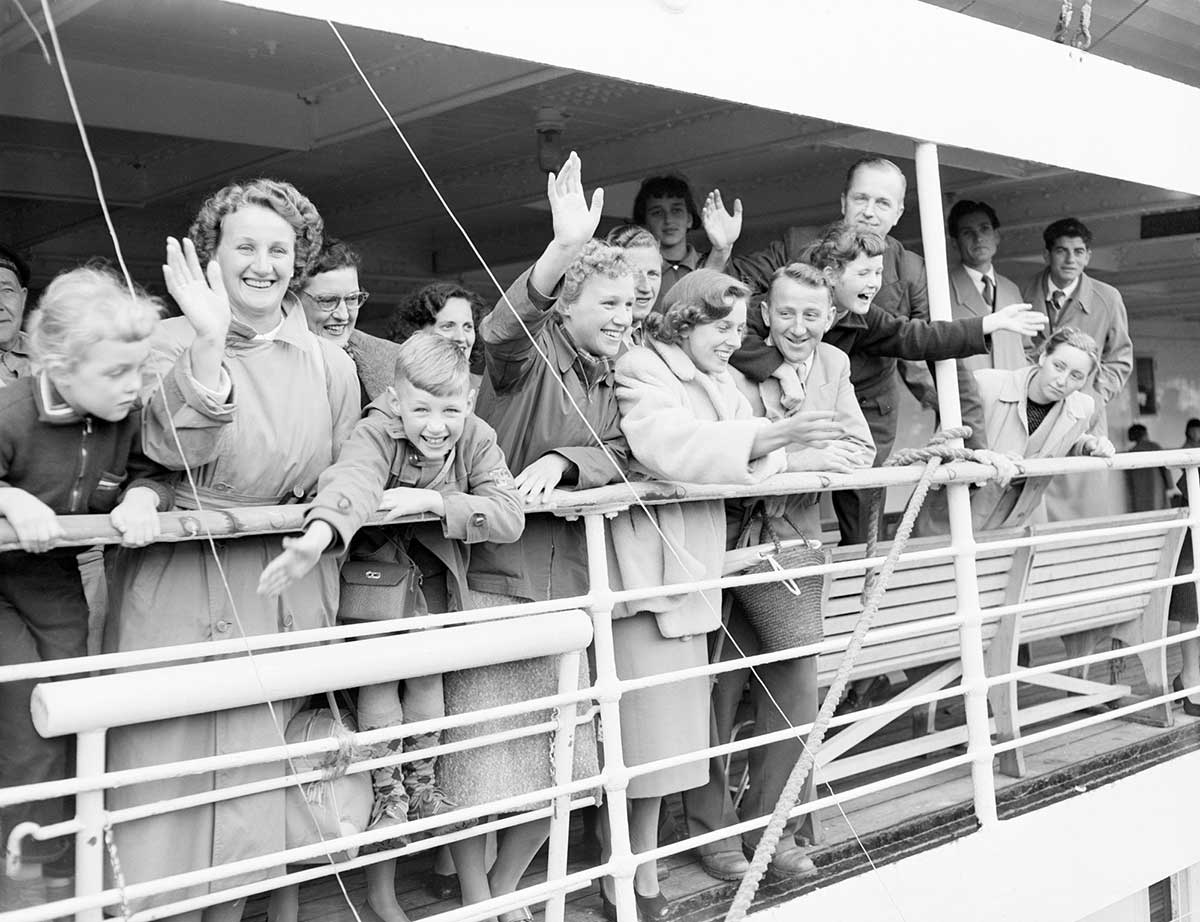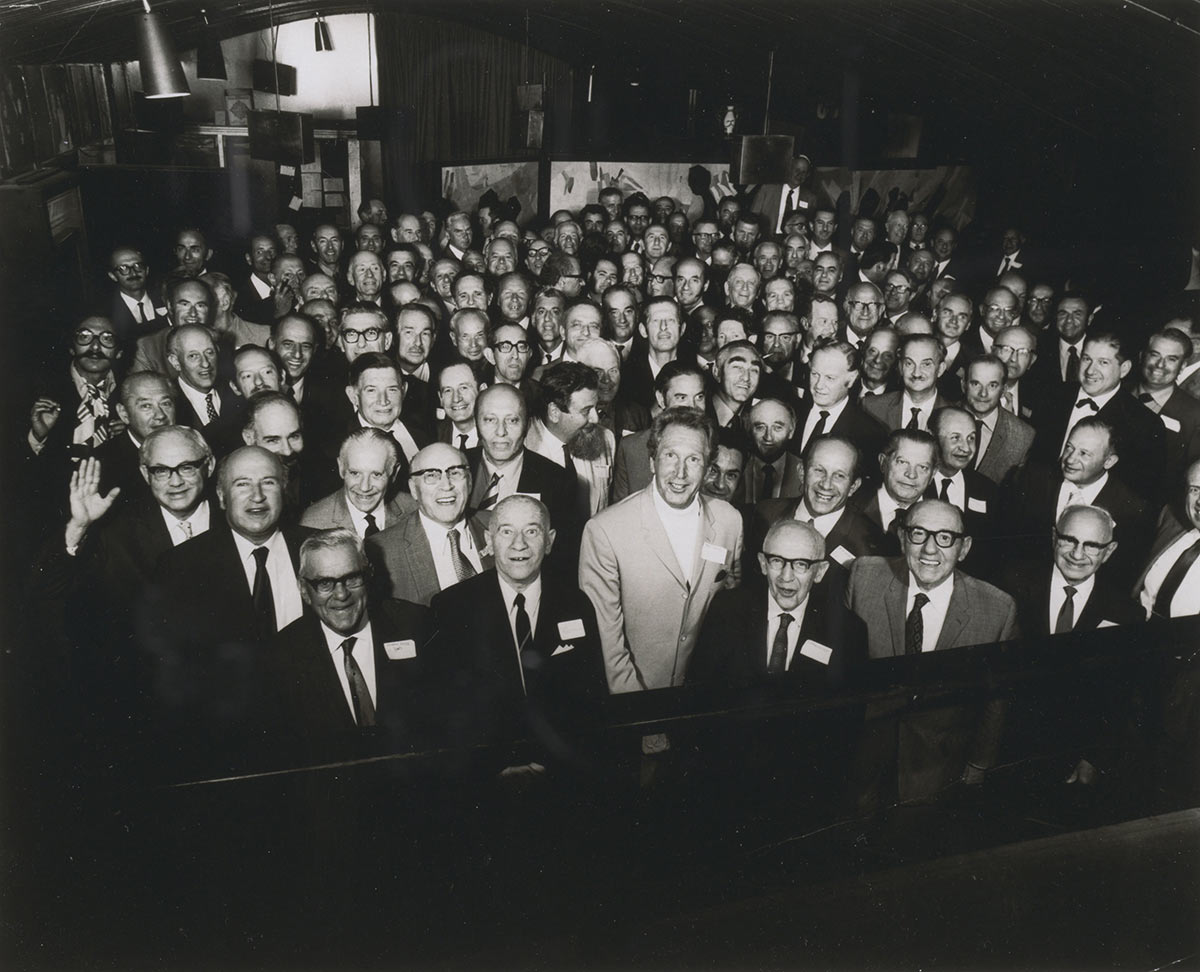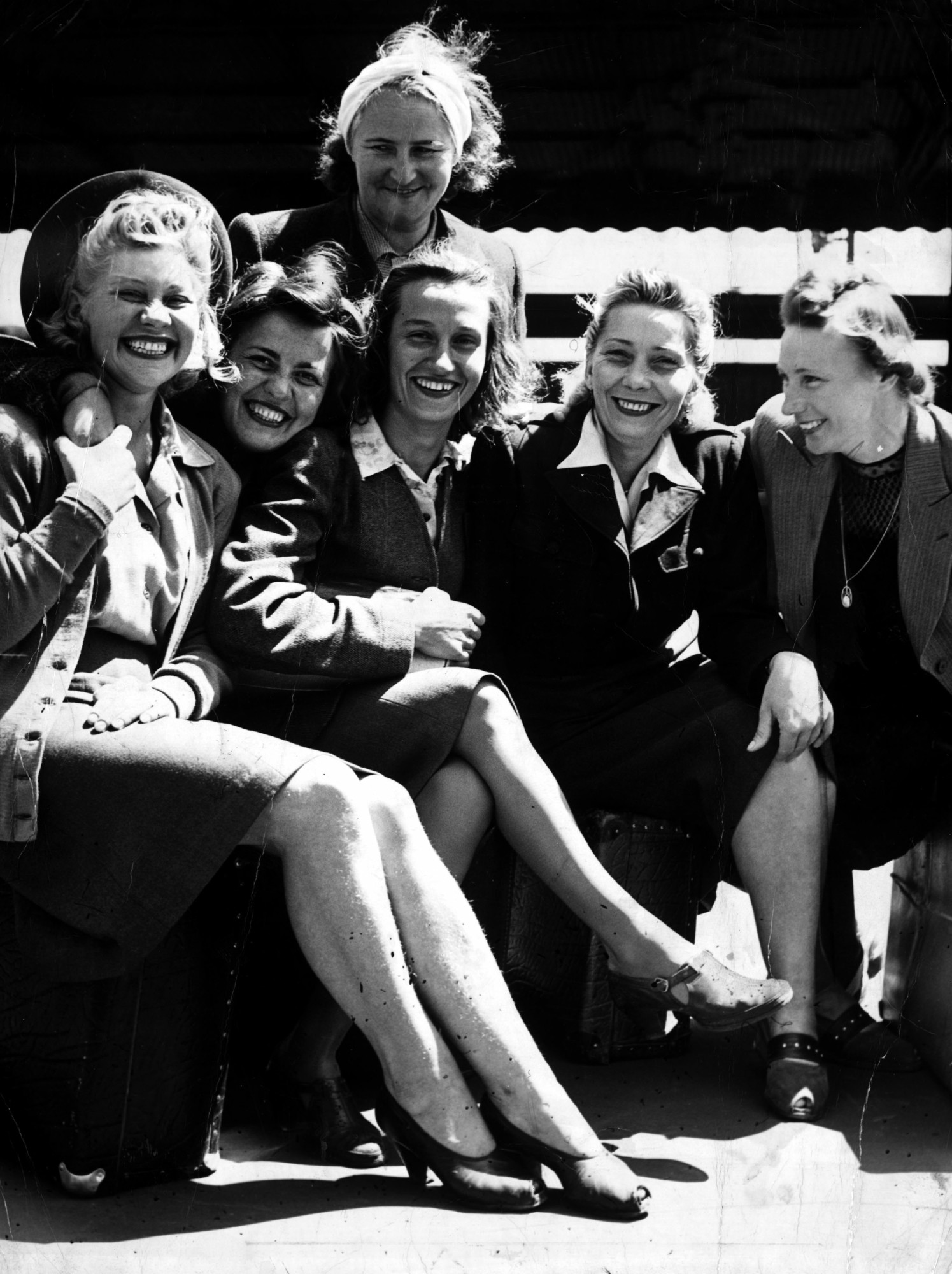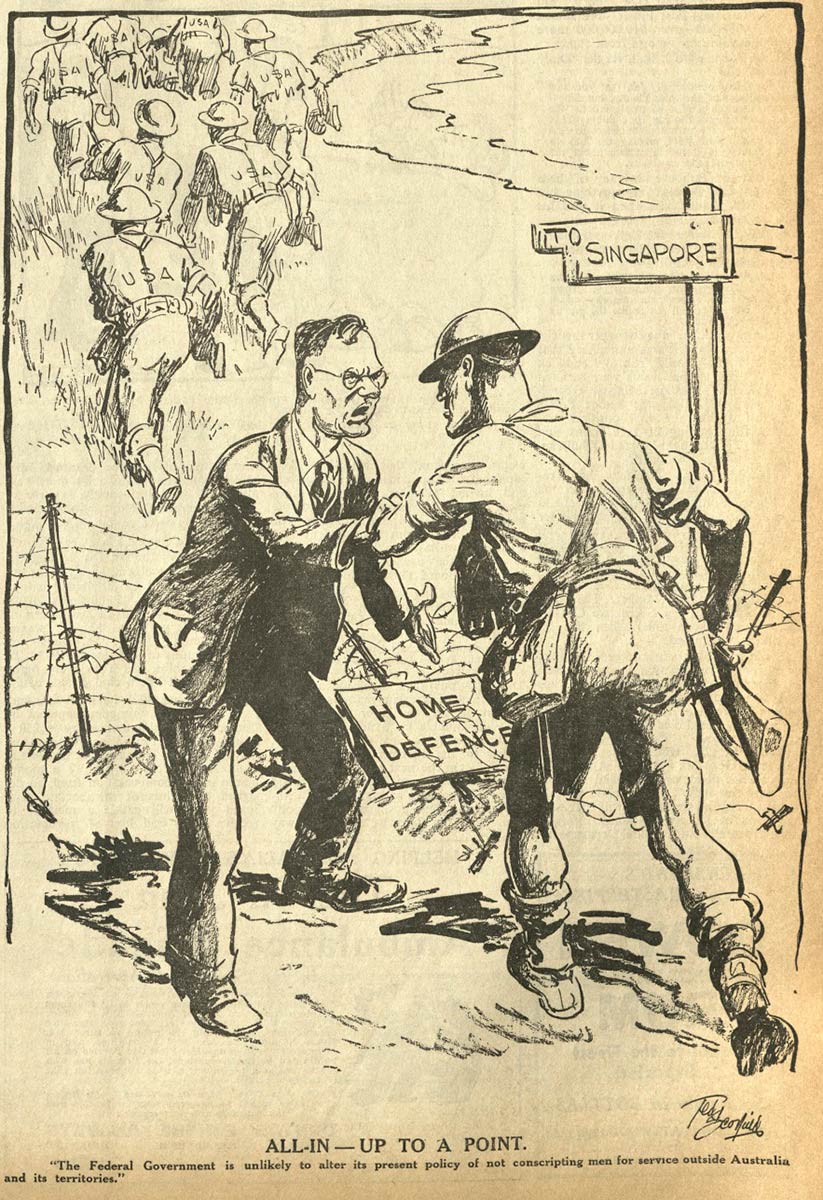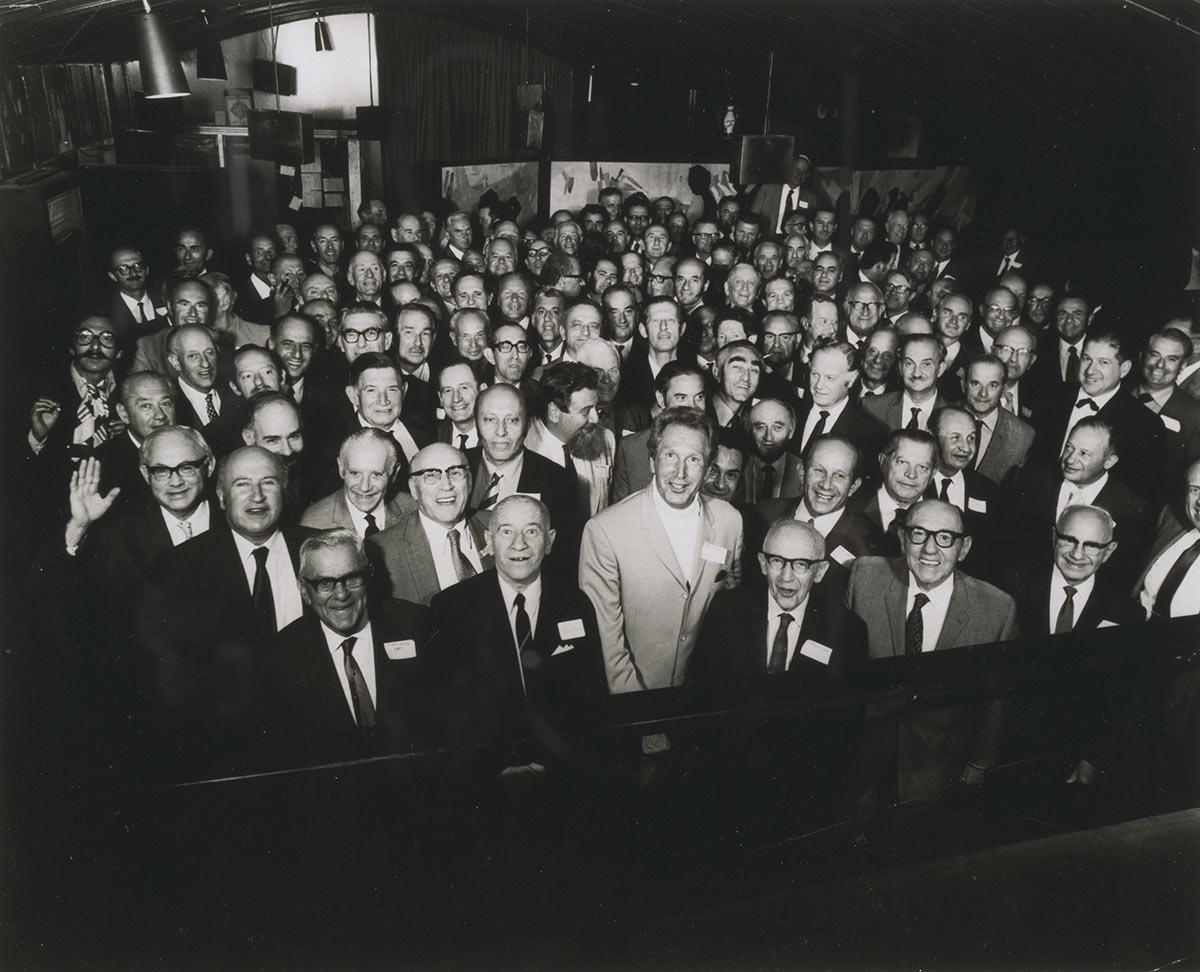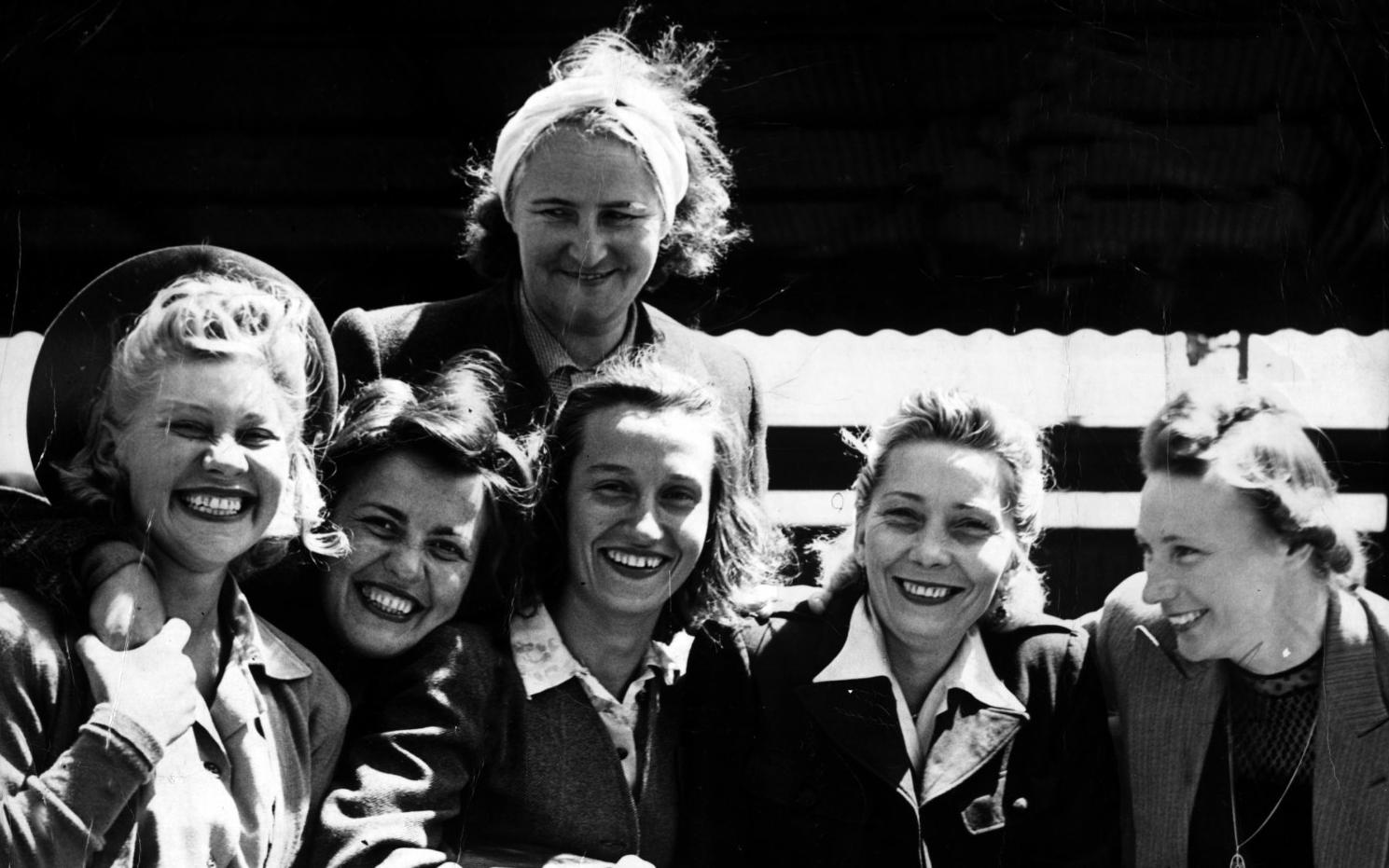Learning module:
Second World War Defining Moments, 1939–1945
Investigation 3: How did the war change Australia?
3.3 1943 Second World War conscription
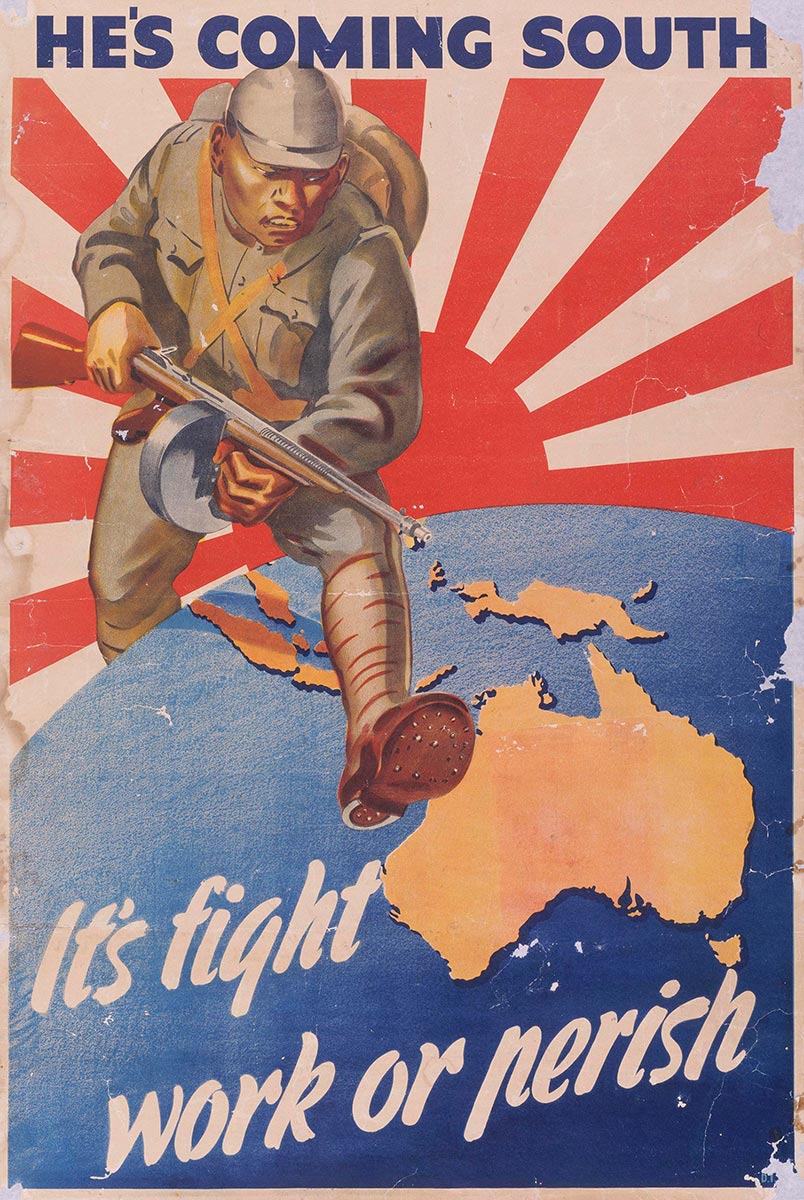
In 1916 and 1917 the question of conscription of Australian troops for overseas service split the nation.
In 1943 the question rose again — should Australian conscripts be sent overseas to fight in the war? The Australian Government in 1943 included many members who had fought against conscription in 1916 and 1917. In fact, John Curtin, who later became Prime Minister, was imprisoned for 3 months for refusing a medical examiniation, which he did because of his opposition to conscription.
What would happen in 1943? Would this question split the nation again?
1. What is conscription?
2. Who has the power to conscript people?
3. Why did the question of conscription become important in Australia during the Second World War?
4. What conditions existed in 1943 that supported the proposal that Australian troops should be sent overseas?
5. What arguments could be used by opponents of conscription?
6. What form of conscription did the Labor government propose in 1943?
7. What was the outcome of the proposal?
8. Look at these two cartoons about conscription from newspapers at the time.
a) Describe the characters in each cartoon.
b) Explain what is happening.
c) Identify any symbolism in each of the cartoons.
d) What is the message of the cartoons?
9. The question of conscription bitterly divided Australia in the First World War, but in the Second World War conscription was overwhelmingly accepted. Consider how each of the following aspects might help explain the difference in public opinion towards conscription for each war:
- The nature of the conscription proposal
- The nature of the war situation
- The nature of the government in power
- The place where the war was being fought.
10. What do you think about conscription? Do you believe it was right to force people to go to war in the Second World War?
11. Do you believe people should have been allowed to ‘conscientiously object’ to serving in the war?






